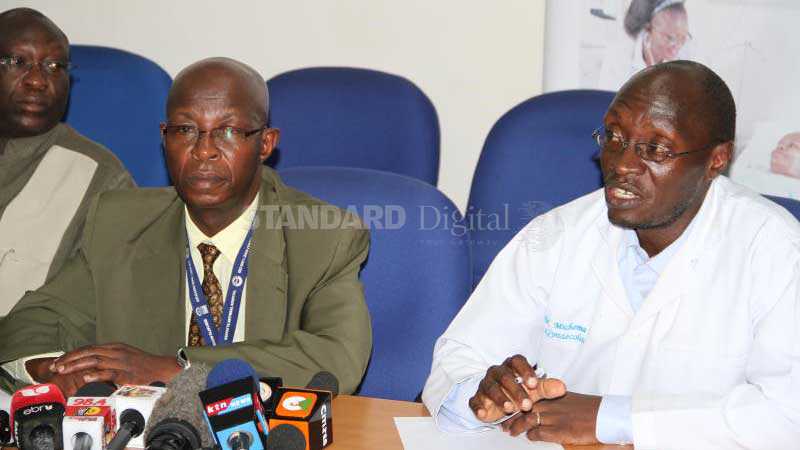×
The Standard e-Paper
Stay Informed, Even Offline

Kenyatta hospital has absolved itself of any blame in an alleged caesarean section that went wrong insisting that the patient’s intestines were already defective.
The hospital management has come out to clarify the events of January 26 and maintained that a section of Susan Nekesa’s small intestines had already herniated and their doctors did their best to correct the situation.